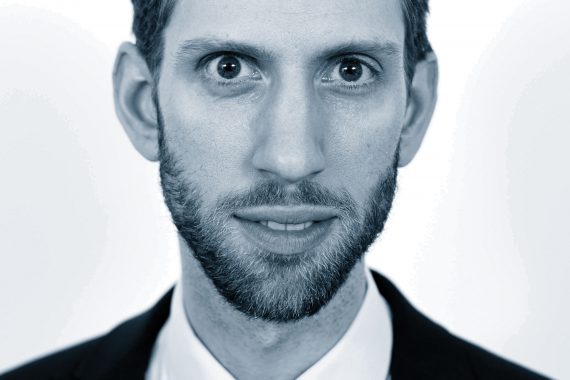Priority number one for the new GPC chair

Just as one election ends, another comes along (although you won’t get a vote in this one).
After Dr Chaand Nagpaul got his next big job at the BMA a vacancy has opened up to lead the GP committee at the union.
Now I know that most of you are not really interested in BMA internal politics (to be honest, I find them a bit tedious sometimes too) but this election is important, for several reasons.
The chair of GPC is a big cheese. One part figurehead and two parts union leader, the chair is one of the most powerful GPs in the country and the person set to lock horns with the new/old health secretary Jeremy Hunt over GP funding, scrapping the QOF and a nationwide ballot on collective GP list closures.
Dr Nagpaul was a competent chair, with what would be – in usual times – a good record of securing new investment in general practice, but I think that even he would admit that despite all his hard work he was not able to shift the mood music in general practice.
And this is what I would like to see addressed by the next chair elected by the GPC next month – whoever it is.
Because the GPs I speak to are desperate for a renewed sense of control over their workload and professional lives. Probably no GPC chair can completely reverse the damage done to general practice over the past decade or so, but the profession is crying out for a leader that provides a vision of what can be done to restore confidence and a sense of purpose to general practice.
And this is not just important for the current generation of GPs. I invited a number of GP trainees into Pulse HQ a few weeks ago and they all told me how important this was too.
They were realistic that general practice was in a bad place and they knew the working life of a GP is difficult sometimes. I mentioned the campaigns to ‘sell’ general practice to them, to snorts of laughter. But while they agreed that they did not want to be patronised and told that ‘everything is fine’, they did tell me what they felt was missing was a sense the leaders of the profession knew what a better future looked like and were working towards it.
I understand that there are two people in the frame for GPC chair and I hope that they engage with the wider GP profession during their election campaign. Whoever wins is going to have a tough job leading such a diverse profession, but I hope that they will rise to the challenge of what I call the ‘morale deficit’ in general practice. It is arguably their most important job.
Nigel Praities is editor of Pulse
Pulse October survey
Take our July 2025 survey to potentially win £1.000 worth of tokens











